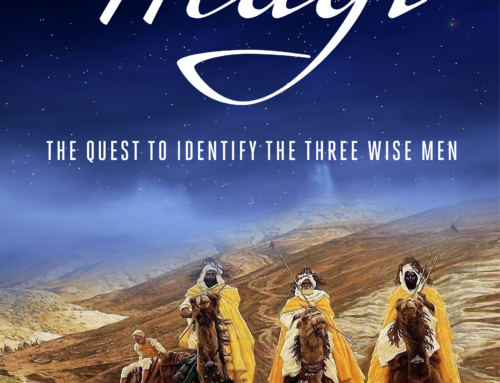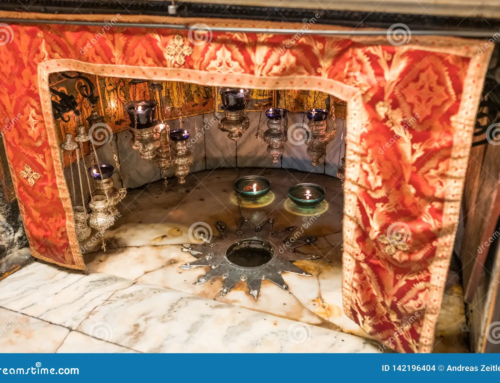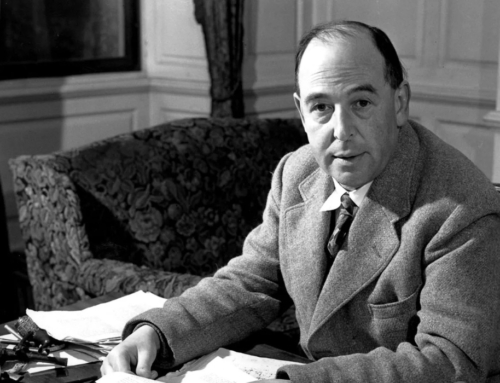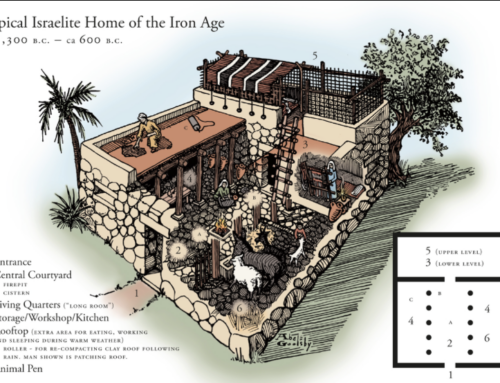One of my blogging New Years Resolutions is to be more faithful to this blog’s title and Stand on My Head a bit more.
For those who are not aware, the blog’s title comes from a G.K.Chesterton quote, “A scene is often most clearly seen when it is seen upside down.”
I began the blog because I sort of wanted a weekly column in some paper that was named “Standing on My Head” but weekly columns in papers are usually awarded to hoary old journalists who have spent their lifetime doing anything BUT standing on their head. In other words, they have usually been team players, toeing the party line, saying predictable things, and even when they were being radical or pushing the envelope they were usually doing so in a predictable way.
So a weekly column was unlikely to come my way, but blogging did, so I got started with a blog because I thought it would be fun, and it has been fun. I’ve been blogging away now for a decade and it still seems a fun thing to do.
Readers seem to think so too, do I’m going to keep standing on my head, and if I tumble over from time to time, well that’s part of the fun and you can laugh at me, and if my balance is unsteady I don’t mind if you give me a nudge and make me tumble over. That too is part of the fun.
But we should remember that standing on one’s head is part of the sport of gymnastics and the other part of gymnastics is tumbling and jumping around and doing other amazing things like hanging on those suspended rings and the vaulting horse and balance beam and other stuff that you think should be in the circus and you are wondering why those amazing folks aren’t wearing more sequins and spandex and face paint.
But the point of this post is to stand on my head a little over liturgy.
I am more and more convinced that the Catholic liturgy is a subversive thing and that for the last fifty or sixty years we Catholics have been shooting ourselves in the foot big time.
We’ve made the huge mistake of trying to make our liturgy relevant and cool and accessible and hip hop when it is and was and always will be exactly the opposite.
We’ve introduced happy clappy songs and sweet sentimental sermons. We’ve dumbed it down and juiced it up all in an attempt to win people over and keep people involved, but as we’ve done so we’ve also witnessed the largest slump in mass attendance and vocations to the priesthood and religious life, and it seems very few of us have connected the dots and concluded that the Catholics are leaving not because the worship is too staid and stuffy, but because it is too loosey goosey.
So what if the liturgy was supposed to be, well…. Catholic?
What if it was actually, from the very beginning, intended as a transcendental, metaphysical, supernatural, encounter with divinity itself? What if the building, the music, the preaching, the serving, the art, the architecture—everything about it–was supposed to connect not with the shallowest thoughts and emotions of our lives, but with the dearest, freshness, deep down things?”
Now that would be truly subversive and exciting–that when you come into the church you are not immersed in an entertainment motivated self help session, but you entered the sacred silence and you were taken into another world beyond words? What if this experience took you each week and every day to the very threshold of heaven and you got a glimpse of glory and a taste of the bread of heaven and the chalice of everlasting life?
What if the Catholic priests, DREs, bishops and everybody else who was in charge changed directions and said, “We are going to invest first and foremost in the dignity, beauty, truth and goodness of our Catholic worship. This means we are going to build beautiful temples again for our churches. We are going to hire directors of music to train our people to know and understand and love and sing Gregorian chant and sacred polyphony. We are going to teach our children the riches of Catholic art, culture, literature, music and spirituality?
What if we said, “If we need to find the money to do this we will divert funds from our bureaucratic systems, from our social welfare plans, even from our plans for education and catechesis and evangelization.
In other words we are going to put the beauty, dignity and truth of worship first. As an act of faith and love we are going to do this. We are going to do this because we believe that everything else will follow.
We believe this because Jesus said it: “Seek first the kingdom of God and everything else will be added to you. The first commandment is Love the Lord your God with all your soul, heart, mind and strength…”
Well, I reckon that would be a pretty subversive thing to do, but wouldn’t that just be the grandest kind of rebellion?
It would be to exchange relevance for reverence.
And to go from standing on my head on this issue to a backflip, I’d argue that it is not a question of relevance or reverence but a question of both, and that once you get reverence right, relevance will follow.







Leave A Comment
You must be logged in to post a comment.